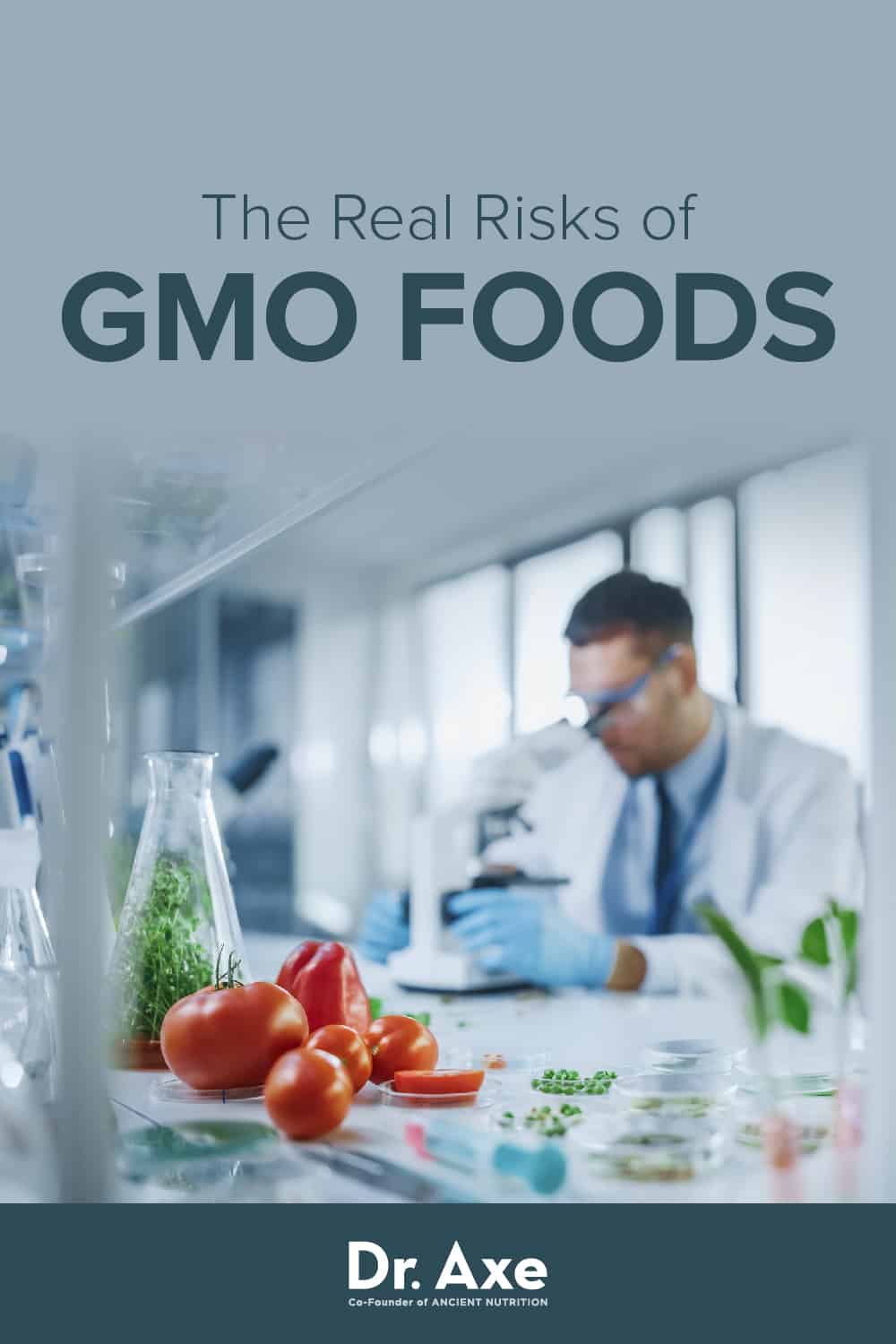
Ensuring Public Trust in GMOs: A Call for Accurate Reporting
The federal government has emphasized that genetically modified organisms (GMOs) and their products, which have been approved for commercial use in the country, are safe for consumption. This assurance comes after extensive scientific testing and regulatory evaluation. The director-general of the National Biotechnology Research and Development Agency (NBRDA), Professor Abdullahi Mustapha, shared this message during a sensitisation workshop for members of the House of Representatives Press Corps in Abuja.
The event was organized by the Open Forum on Agricultural Biotechnology (OFAB) in Africa, Nigeria chapter, under the supervision of the NBRDA. The one-day workshop, titled "Genetically Modified Organisms (GMOs) and Their Products," aimed to provide participants with an in-depth understanding of biotechnology and its role in addressing key challenges in agriculture.
Biotechnology as a Solution to Food Insecurity
Professor Mustapha highlighted that biotechnology, including the development of genetically modified crops, is one of the most reliable tools for tackling Nigeria's food insecurity. He also pointed out its potential in combating climate change and increasing agricultural productivity. These innovations, he said, are not only safe but also offer real-world solutions that improve livelihoods, enhance food security, and strengthen farmer resilience.
During the event, the director-general was represented by Dr Rose Gidado, director of the Agricultural Biotechnology Department. She discussed the benefits of crops such as Bt cotton, Bt maize, and pod borer-resistant (PBR) cowpea, which have been developed and commercialized in Nigeria. These crops, she explained, are not only safe but also beneficial for both farmers and consumers.
Addressing Misinformation and Disinformation
Despite the benefits of GMOs, Professor Mustapha expressed concern over the spread of misinformation, disinformation, and mal-information, particularly through social media. He noted that these false narratives have created fear and misunderstanding around GMO technology. In today's digital age, he said, the distortion of facts has become a major barrier to the acceptance of science.
"False claims about GMOs have contributed to public skepticism and slowed down the adoption of technologies that can transform lives," he said. To combat this, he urged journalists to take responsibility for fact-checking and presenting scientific information accurately and responsibly.
The Role of the Media in Shaping Public Perception
Professor Mustapha emphasized that the media plays a critical role in shaping public perception. He encouraged journalists to go beyond headlines and engage with experts, consult credible sources, and present scientific information in ways that are easy to understand. By doing so, they can help bridge the gap between scientific innovation and public trust.
The workshop aimed to create a platform for evidence-based dialogue between the media and the scientific community. It sought to promote a better understanding of GMOs and develop effective counter-narratives against scientific misinformation. The strategic goals included raising awareness about the dangers of misinformation in science and technology and creating safe spaces for public dialogue around the use of GMOs in food and agriculture.
A Call for Responsible Journalism
Professor Mustapha urged journalists to serve as "custodians of truth and ambassadors of science." He believed that their reporting could significantly influence public opinion and foster greater acceptance of biotechnology in Nigeria. The sensitisation forum brought together science communication experts, GMO researchers, and National Assembly correspondents to discuss the potential of modern biotechnology in transforming the agricultural sector.
By fostering collaboration between the media and the scientific community, the event aimed to ensure that accurate, science-based information reaches the public. This approach is essential in building trust and promoting the responsible use of biotechnology in Nigeria's agricultural landscape.
Post a Comment